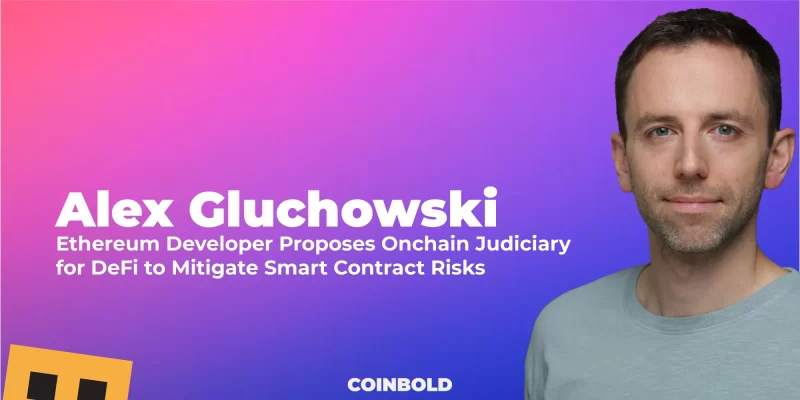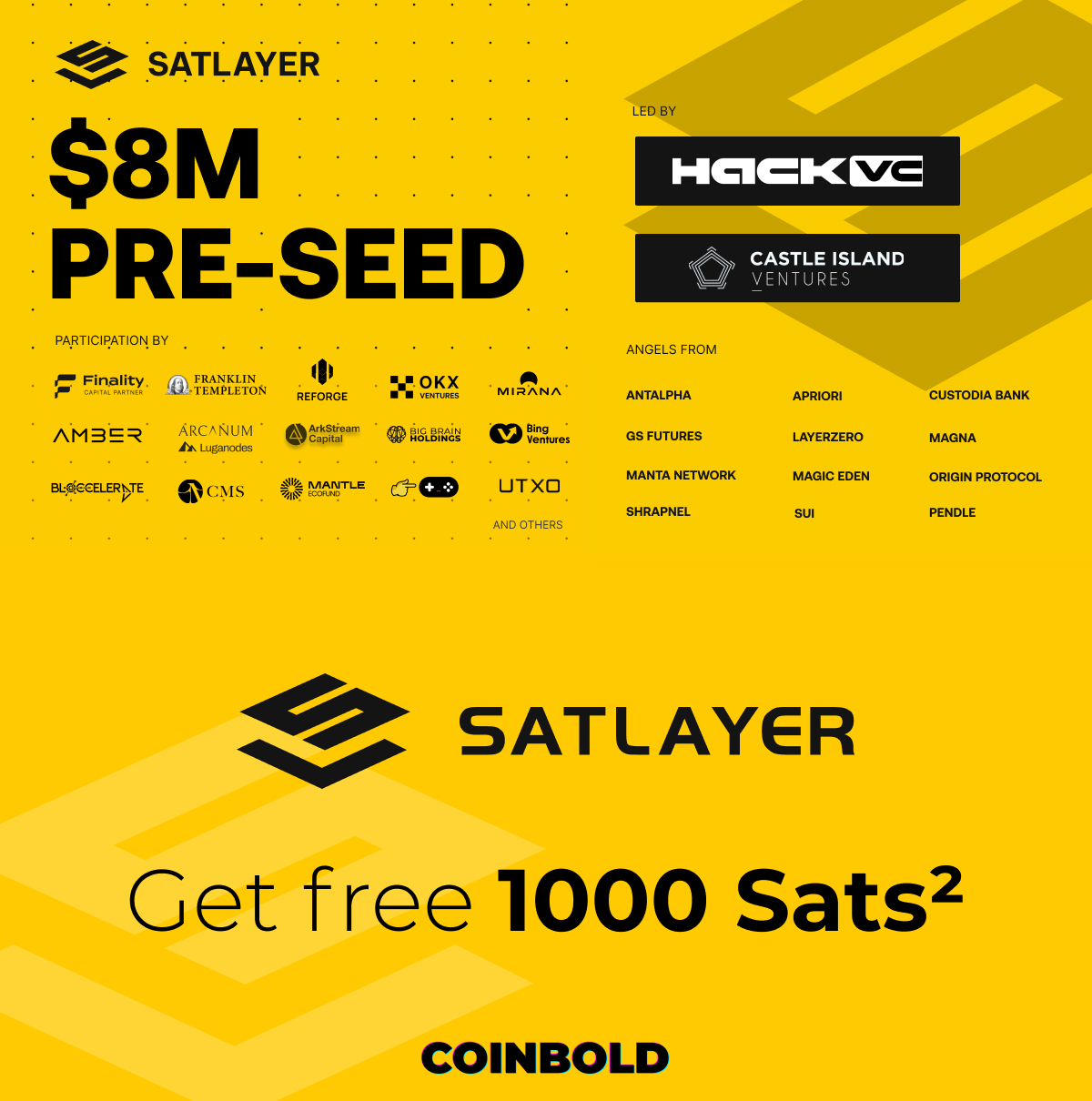Alex Gluchowski, the developer behind Ethereum’s zkSync, has proposed the implementation of an onchain judiciary system within the decentralized finance (DeFi) ecosystem to address smart contract implementation risks.
Addressing the Smart Contract Conundrum in DeFi
The world of decentralized finance (DeFi) has witnessed remarkable growth, but it’s not without its challenges. One of the most pressing issues is the risk associated with smart contract implementation. Alex Gluchowski, the co-founder and CEO of Matter Labs, the developer entity behind Ethereum layer 2 rollup zkSync, has stepped forward with an intriguing proposal to tackle this challenge head-on.
The Limitations of Existing Solutions
Gluchowski begins by acknowledging that the existing solutions to this problem fall short of being ideal. Time-locked upgrades and attempts to convert applications into alternative systems can be cumbersome and ineffective, particularly when a protocol is already infected. On-chain security councils and governance mechanisms, while valuable, have their own set of limitations.
The Forkable Advantage of L1s
One crucial distinction that Gluchowski highlights is the forkability of Layer 1 (L1) blockchains. In the event of issues or disputes, L1s can be forked to address them effectively. However, this solution doesn’t translate seamlessly to Layer 2 (L2) and DeFi protocols, primarily because they cannot fork the underlying native assets bridged from L1, such as Ethereum (ETH).
The On-chain Judicial Solution
As a visionary alternative, Gluchowski proposes the introduction of an on-chain judiciary system within the DeFi ecosystem. This system draws inspiration from real-world judicial structures and includes higher courts, with the Ethereum Supreme Court sitting at the pinnacle.
How It Works
In this innovative framework, every DeFi protocol is required to have a smart contract for court appeals in addition to governance-controlled emergency upgrades. When a protocol initiates an emergency upgrade, any concerned party can appeal to the court, proposing the cancellation of the upgrade.
Each court has its own unique set of members, prices, and reputation, all functioning in a completely decentralized manner. A critical aspect of this system is the ability to specify whether a decision can be appealed to a higher court, ultimately reaching the Ethereum Supreme Court. In this context, the final decision is determined by the soft-fork of the network.
Maintaining Integrity and Accountability
To ensure the responsible use of this pioneering concept, Gluchowski suggests forming a social consensus and adding ‘canonical’ tags to courts to signify their authority. The primary role of this system is to shield protocols from external political interference and serve as a powerful deterrent mechanism, reinforcing Ethereum’s position as a robust network state.
As the DeFi ecosystem continues to evolve, innovative solutions like Gluchowski’s onchain judiciary may play a pivotal role in enhancing security and mitigating risks, ultimately contributing to the maturation of the DeFi space. Stay tuned for further developments in this promising endeavor.



